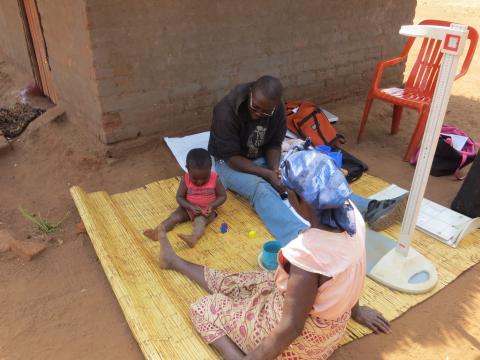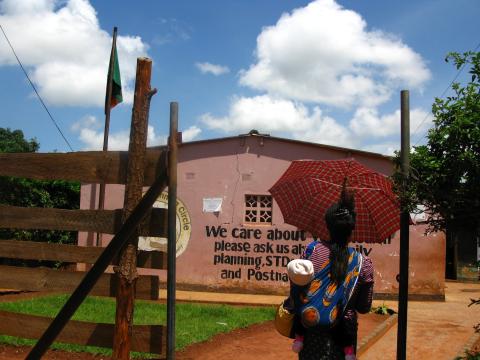Features Section Title
Research Findings
Policy Impact
Embedded Lab
The Embedded Lab was established in partnership with the Ministry of General Education in 2019. The lab is currently defining a research agenda to perform rigorous policy evaluations, establish a monitoring and evaluation team, and contribute to capacity strengthening within the Ministry.
Growth Charts
IPA Zambia is working with the Ministry of Health to improve childhood nutrition through the large-scale distribution of a daily dose of a lipid-based nutrient supplementation and home growth charts to combat childhood stunting.













